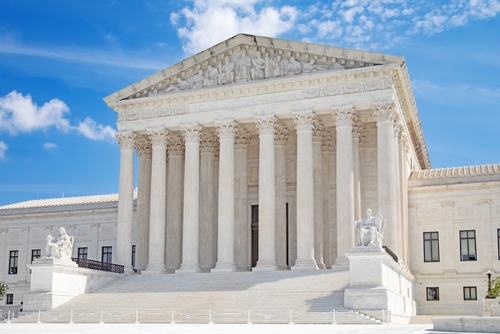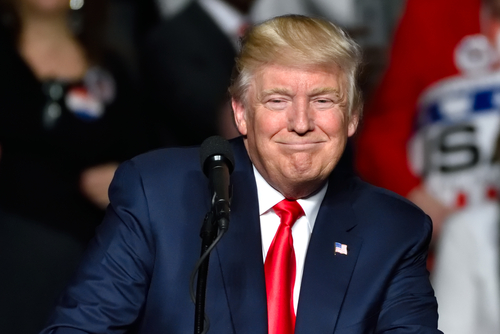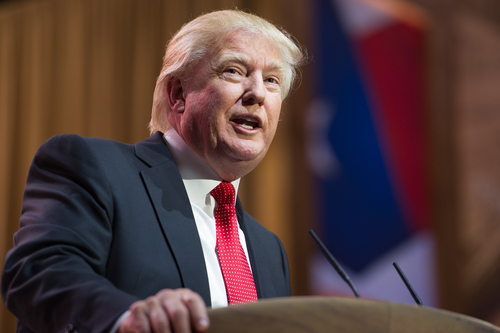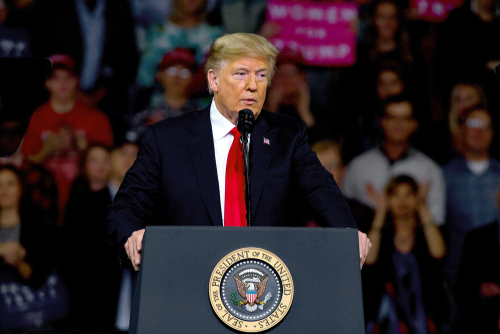A brief filed to the U.S. Supreme Court on behalf of former President Donald Trump argued against efforts to ban him on states’ presidential primary ballots using Section Three of the Constitution’s Fourteenth Amendment.
Trump’s Brief to the U.S. Supreme Court: Colorado Decision Should Be ‘Reversed’ https://t.co/iwk2PWDq03
— TheBitchIsBack😋 (@hotnostril) January 20, 2024
The Colorado Supreme Court in December disqualified Trump from appearing on the state’s Republican presidential primary ballot citing the Fourteenth Amendment which stops any officer of the United States from holding any office if they have engaged in or aided in an “insurrection” against the country.
While the state’s Supreme Court ruling deemed Trump an officer of the United States, Trump’s brief argued against the validity of the ruling and asked for it to be reversed. The brief’s argument on three fronts, the first being that he is not an “officer of the United States,” but president.
“Section 3’s disqualification can apply only to those who have ‘previously taken an oath, as a member of Congress, or as an officer of the United States, or as a member of any State legislature, or as an executive or judicial officer of any State, to support the Constitution of the United States,’” the brief read.
“It is undisputed that President Trump never took such an oath as a member of Congress, as a state legislator, or as a state executive or judicial officer. So section 3 cannot apply to President Trump unless the president qualifies as an ‘officer of the United States’ within the meaning of the Constitution…Constitution’s text and structure make clear that the president is not an ‘officer of the United States,’” the GOP frontrunner’s lawyers wrote further.
The brief also argued that Trump did not “engage in insurrection,” stating, The Court should also reverse because nothing that President Trump did in response to the 2020 election or on January 6, 2021, even remotely qualifies as “insurrection.” No prosecutor has attempted to charge President Trump with insurrection under 28 U.S.C. § 2383 in the three years since January 6, 2021, despite the relentless and ongoing investigations of President Trump. And for good reason: President Trump’s words that day called for peaceful and patriotic protest and respect for law and order.”
The third part of the brief’s argument required that the enforcement of the insurrection clause, if applicable, should be done via Congress’ chosen methods not through a court.
Noting that the Fourteenth Amendment gives Congress the authority to “enforce” section 3 with “appropriate legislation,” the brief stated, “The text of section 3 does not confer enforcement authority on state courts or state officials, and it does not specify a process for determining whether an individual has ‘engaged in insurrection’ and disqualified himself from holding an enumerated office.”





